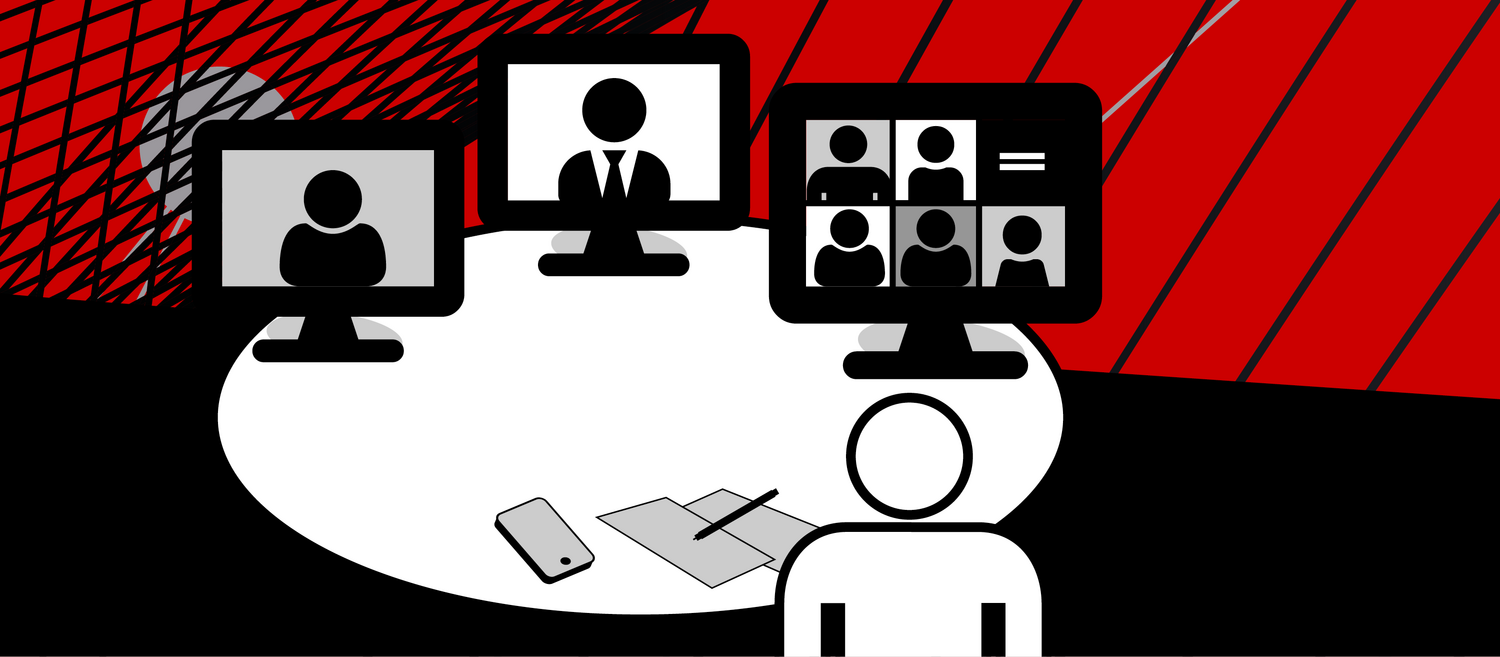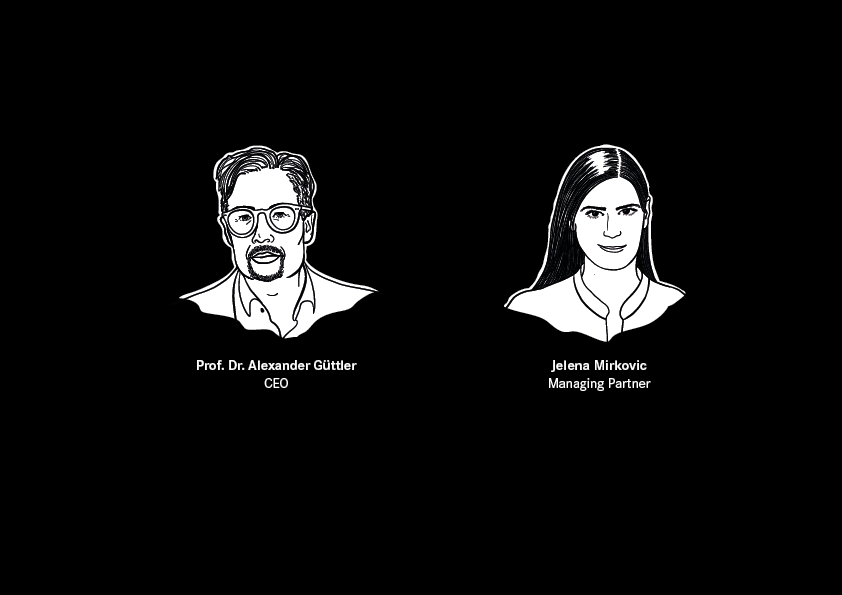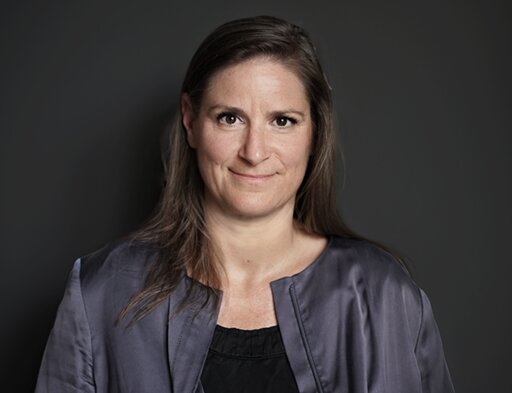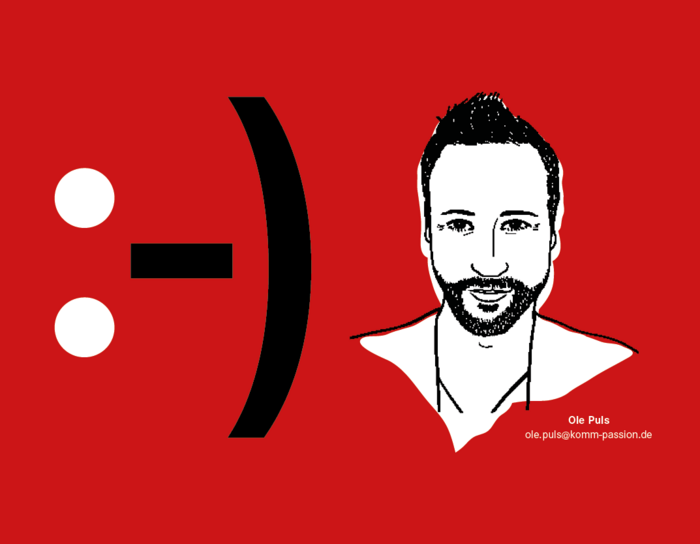Güttler: So the days of business trips and frequent-flyer cards as status symbols are over?
Mirkovic: Basically yes. And they won’t ever really make a complete return. We’re all saving a lot of time and money through canceled business trips. And on top of that you have the significantly positive effects this has on the environment. But the same goes here as internally of course. We’re human and we want to get to know people or talk to them in person, at least on the very important points. But a lot of the meetings we had in the past weren’t really necessary.
Güttler: So home office will be permanent, at least in part, but the future is hybrid?
Mirkovic: Mirkovic: Definitely yes. COVID-19 has accelerated digitalization enormously, and now we’re working out just what “new work” really can be. This means core changes to the challenges that companies – and all of us as individuals – face. As a company you have to guarantee that people have access to everything they need for their work and that they can still keep communicating externally with their target groups or contacts. As an individual, you have to organize your work a lot more independently. No one’s going to stand next to me or come in to my office to tell me what to do. And excessive video conferencing – internationally as well – is the new time sink. A lot of places have to redefine, or at least adjust, their processes and consensus mechanisms.
Güttler: Don’t critics often mention the fear of losing oversight and control?
Mirkovic: I see a fundamental mistrust behind that. Probably these executives are thinking: I can’t see my employees, can’t look through the glass doors anymore, so they’ll probably work less. In some cases this is probably true. In the communications industry where you have very well-educated and often intrinsically motivated people, I don’t see so much of a problem. People who’ve managed university degrees should be able to work independently, and actually a whole lot of things have gone really well during the COVID-19 transition. And there, where it hasn’t worked out, people have come up with their own bypasses and workarounds. At lot of people have taken on responsibility themselves. Now that we have a few IT conversions and a lot of successful improvisation under our belts, we’re learning what’s decisive is the underlying system.
Güttler: The “underlying system” decides?
Mirkovic: The software, laptops, and data access from home are only the beginning. People who have already worked in agile structures before COVID-19 are at a tremendous advantage. Because what they say is true: The old centralized and more or less hierarchical structures were often problematic back in the office, and they don’t work at all with decentralized home office work. Agile means that the responsibility is moved as closely to the operational task as possible, that transparency and therefore performance demands are very high. It also means individual freedom and individual responsibility are two sides of the same coin. You don’t have less control; it just lies with individual responsibility bearers who have clearly defined tasks. The tasks in the communications industry are a perfect fit for agile approaches. With our 3A model, we offer a pragmatic and adaptable model of our own. The goal is having more performance – and fun – through transparent empowerment and efficient project organization.




 KOMM-PASSION.DE
KOMM-PASSION.DE


